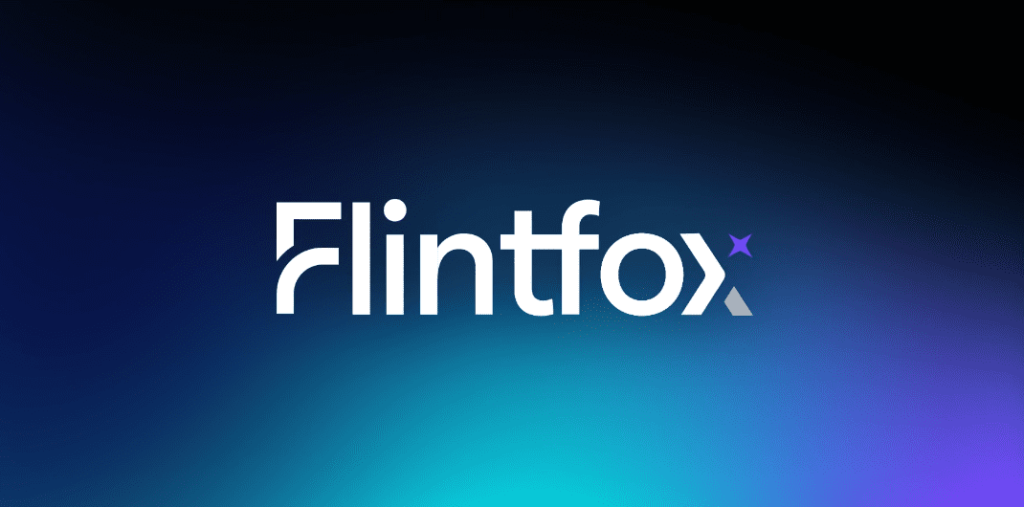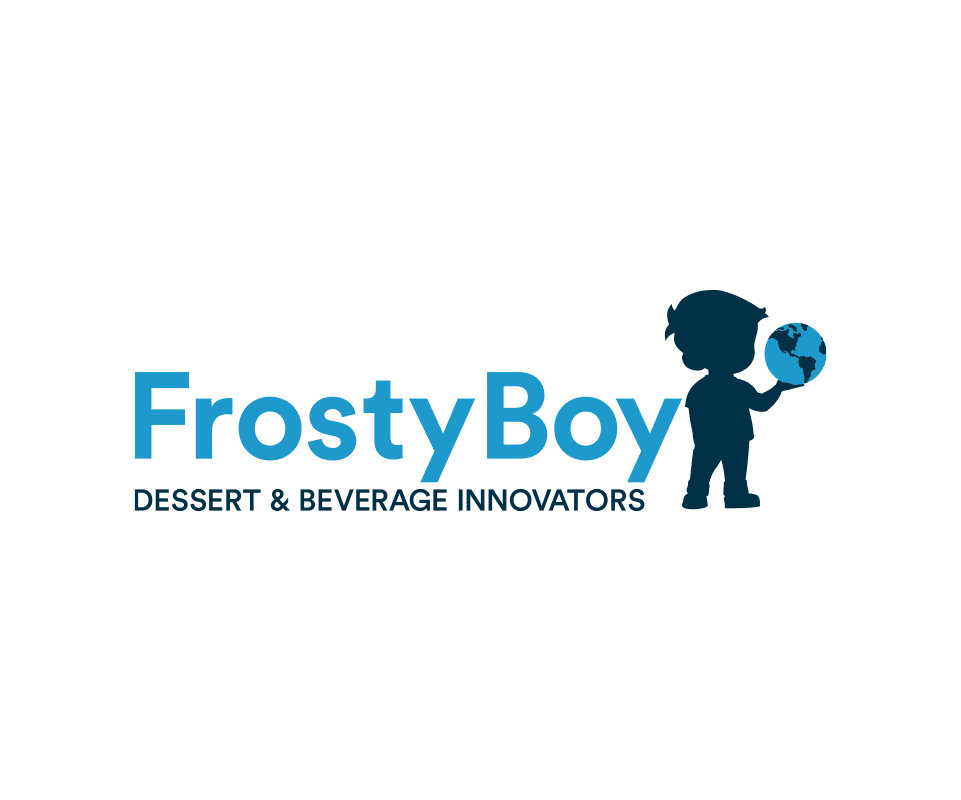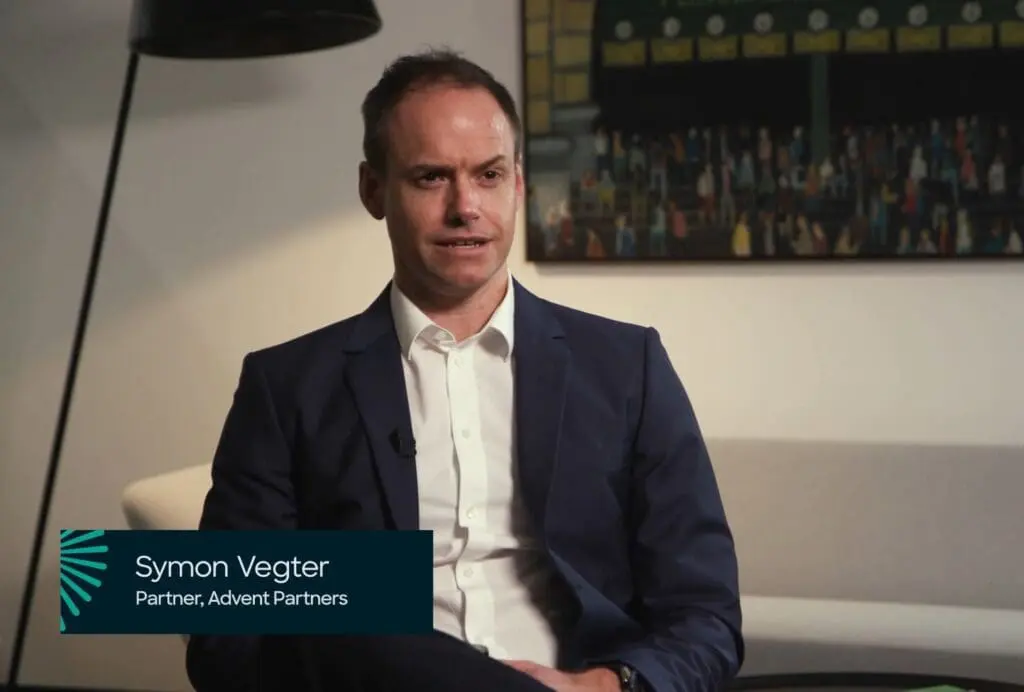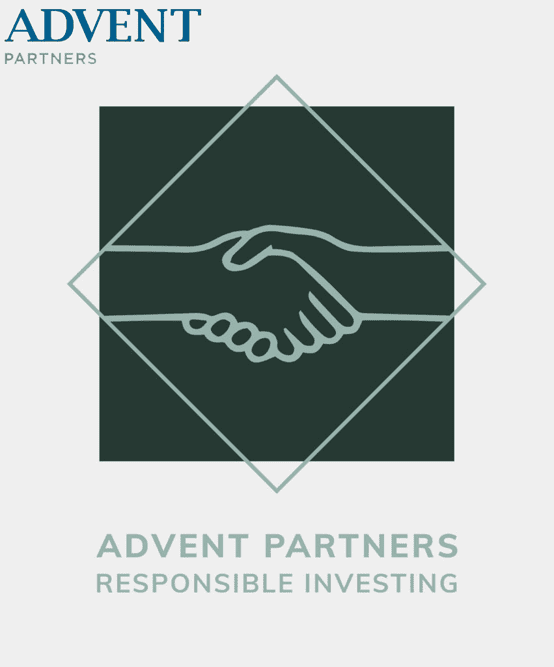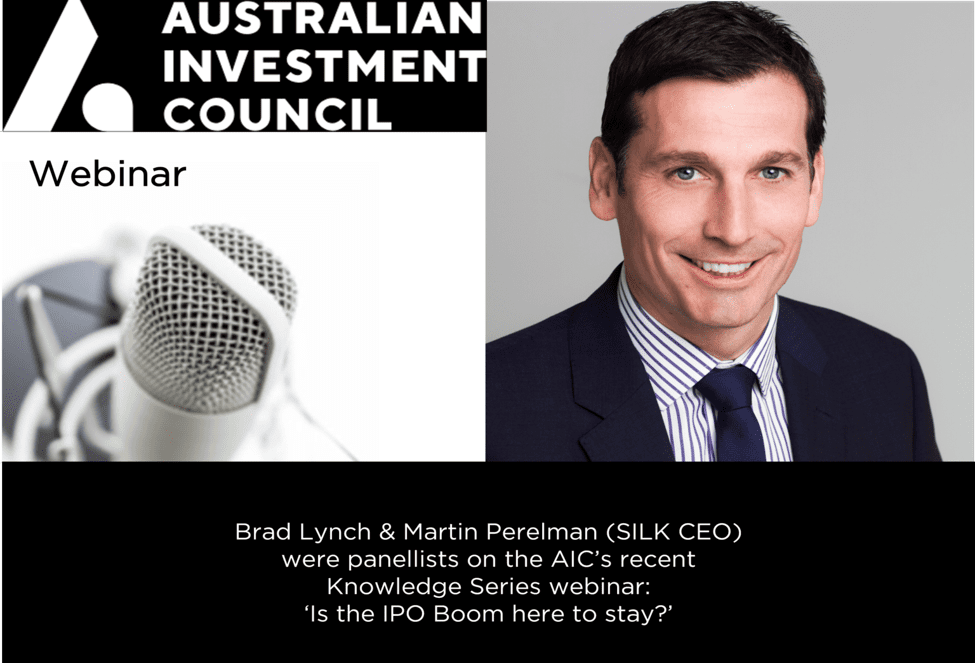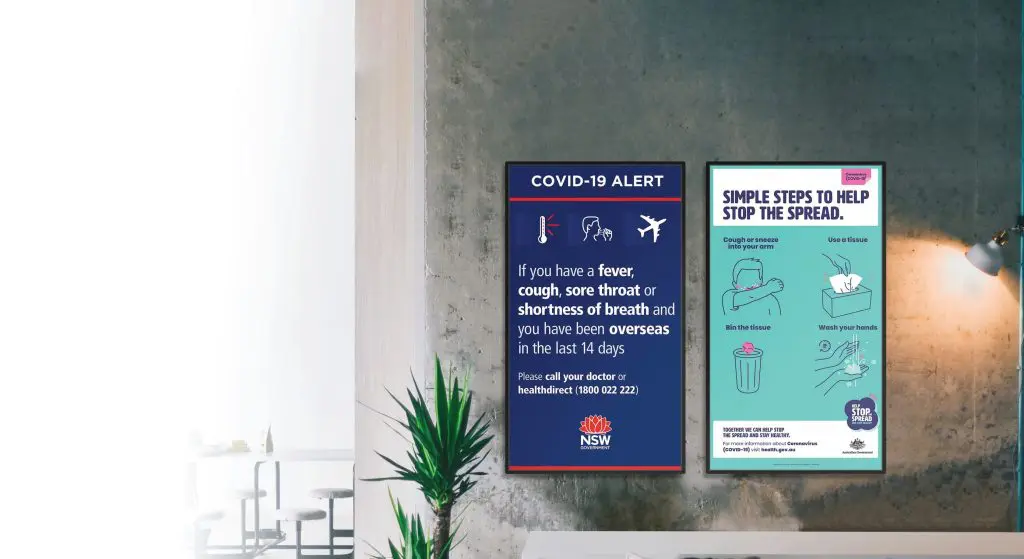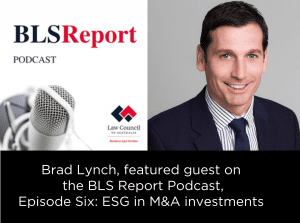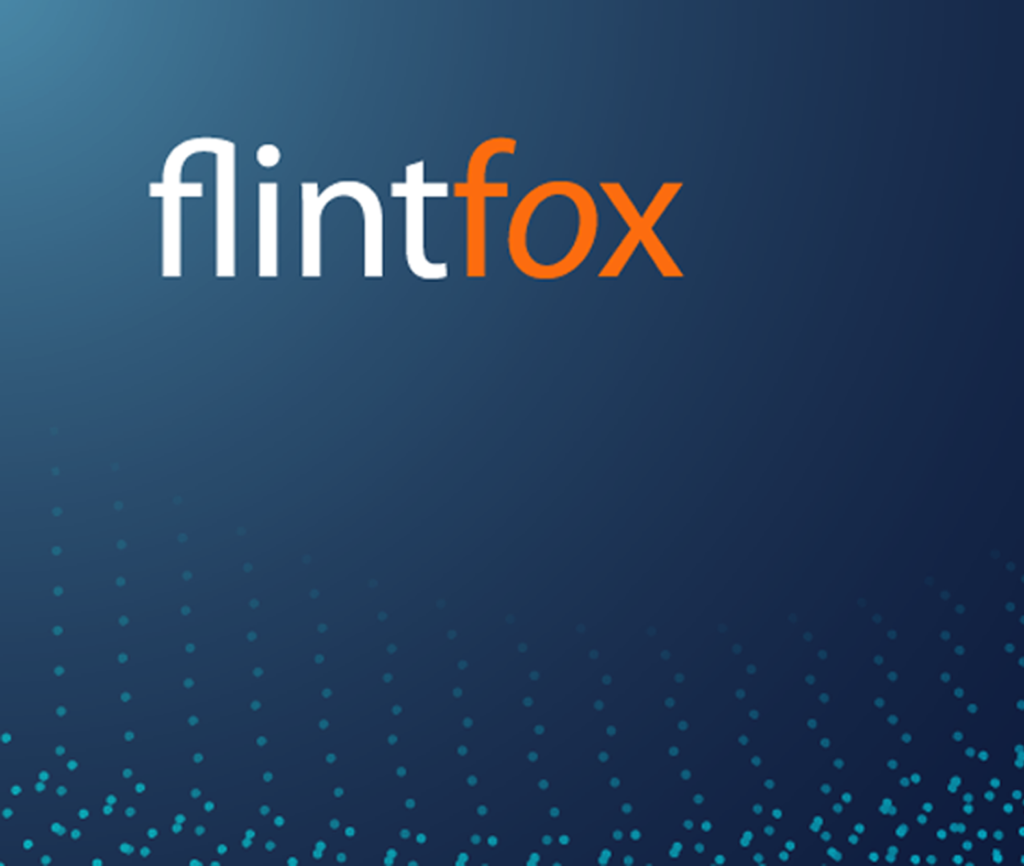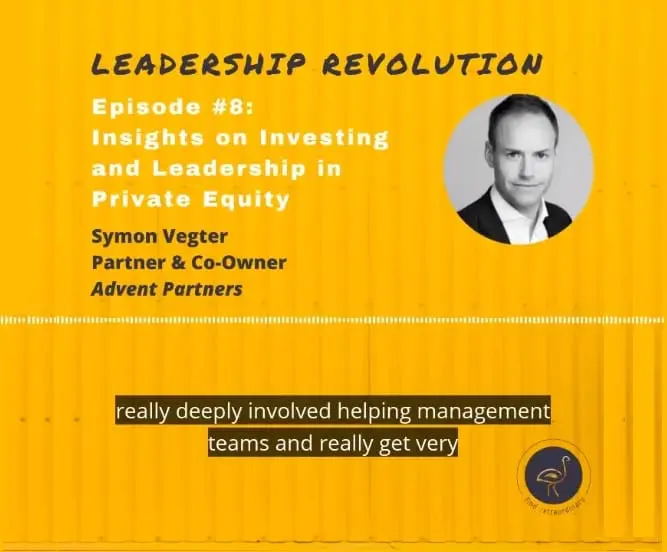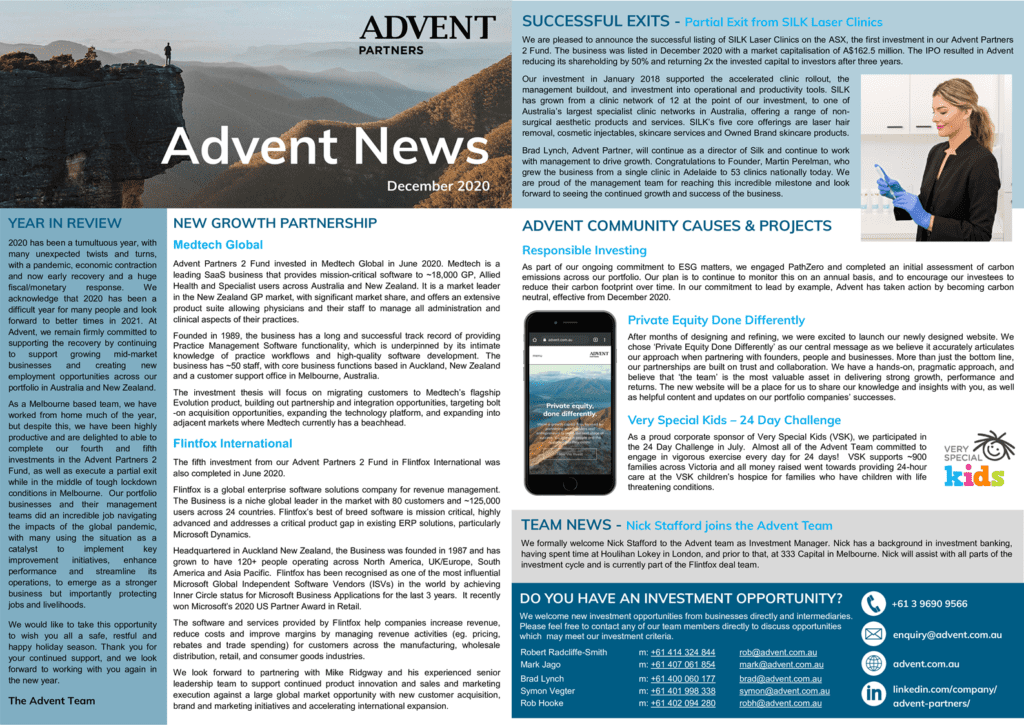Brad Lynch and Symon Vegter (Advent Partners) were recent guests on a podcast hosted by Mick Wright-Smith of Epsilon Direct Lending. Advent Partners are featured as a Middle Market Financing Success Story. They discuss private capital solutions for growing mid-market businesses and how founders can achieve their growth aspirations with the right equity and debt partners.
Listen to the podcast here
__________________________________________________________________________
Transcript
Hosted By: Epsilon Direct Lending
Guests From: Advent Partners
Mick Wright-Smith: Partner, Epsilon Direct Lending
Hello, I’m Mick Wright-Smith from Epsilon Direct Lending. I’m delighted to be hosting another instalment in our middle-market success story series. And with me today, we have Symon Vegter and Brad Lynch from Advent Partners. They will be sharing their insights around the enablers and the key success factors to driving growth and creating jobs in the mid-market.
Good morning, Symon, good morning Brad.
Symon Vegter: Partner, Advent Partners
Great to be here, Mick. Thanks for having us.
Brad Lynch: Partner, Advent Partners
Yes. Thanks for having us, Mick.
Mick Wright-Smith: Introduction to Advent, Brad and Symon
Good stuff guys. Advent Partners is a leading Australian mid-market growth buyout firm, with a strong investment track record. Advent has a reputation as the partner of choice for founders and for supporting founders’ growth ambitions.
Advent was founded 36 years ago and has grown to funds under management of $600 million. Based in Melbourne, Advent has investments across Australia and New Zealand. Notable investments from the Advent team include GenesisCare, which was named the best private investment in the last 25 years in Australia, JAG, Gourmet Garden and Silk Laser.
Brad and Symon, are two of five partners at Advent who own and manage the firm, along with working directly with management teams of companies. Brad has 18 years of private equity experience, and Symon has 13 years with Advent, but a full 20 years working with mid-market companies on growth and improvement. So wealth of experience in mid-market investing in the room with me today.
________________________________________________________________
Introduction to Advent and the Role of Private Equity for Mid-Market Businesses
Mick Wright-Smith:
Symon might start with you. Can you tell us a bit about Advent and the role that private equity investors play generally in the Australian economy?
Symon Vegter: Advent’s approach to partnering with founders
Sure. Thanks, Mick. Advent is what we call lower mid-market private equity firm. And what we’re about, is finding great founders with great businesses and really working with them to try and help them build and grow their businesses in the future. So a lot of what we’re focused on is finding great people that we want to work with, and likewise, they want to work with us. And it’s really about developing a strategy around where they want to take the business and working with them on that growth journey. And so we’re very focused on growth and we’re very focused on people as a first instance. And we’ve been doing this as you said for 36 years. And so we’ve got a lot of institutional knowledge around building businesses, growing businesses, across a range of different business cycles. So there’s lots of lessons there, but there’s always new ones to learn across the journey.
We focus on four sectors, they’re technology, healthcare, consumer, and education. And that’s where we’ve had great experience and expertise where we can bring to bear some lessons and experience we’ve had previously. And what we try and build up front is a really strong working relationship, really strong partnership with the founders and the management teams to really work with them collaboratively, with a lot of trust and a lot of open and direct communication around where we can help and how they can grow the business. And I guess that goes for most private equity in the lower end of the mid-market, but that’s our approach and our style.
Symon Vegter: The role of mid-market private equity
Really private equity is around providing not only capital, but expertise and networks to these businesses that they might not have access to themselves. And so being able to do that gives them an opportunity to accelerate growth, compress growth horizons and that type of thing, but also just about helping them take the business to the next level of growth.
So for private equity firm is probably four key things that really they’re involved with. That’s identifying the businesses and finding those opportunities out there. The second is investing with them, working alongside them to get an investment and a capital structure in place that works for them. And then after investing, it’s really about supporting the team with strategy, as I said, and growth. And ultimately at the end of it, we’re helping them with taking the business to a new owner and that exit, which is what we’ve talked about with many owners over the years.
So we really love the mid-market in Australia. It’s very deep, there’s lots of fantastic businesses. We think there’s almost over 10,000 opportunities out there and they’re all looking for different challenges and… All have different challenges and all looking for help around growth. And so that’s where we can really lend a hand. And it’s about, as I said, finding those founders that are looking for that helping hand and working with them out of the journey. So that’s awesome. That’s private equity in a nutshell.
Mick Wright-Smith:
That’s a great summary. Thanks Symon and it’s great to hear the word love when you describe what you do. And at Epsilon, we share your passion for the mid-market.
________________________________________________________________
Building Blocks for Growing Mid-Market Businesses
Mick Wright-Smith:
Brad, advent has an impressive track record over 36 years. It’s a long time of helping mid-market companies grow their earnings, grow their footprint. What in your view are the key enablers that have allowed your investments to grow?
Brad Lynch: Advent’s building blocks for growth
Yes, thanks Mick. If I could distil at a very high level, what are the enablers, because there’s a lot of layers to that particular question, but at a really high level, we talk about the building blocks for growth and some of those key building blocks is the, first key aspect of that is really getting alignment on the agreed plan. So what is the agreed, what we call an investment thesis, many people would call a business plan.
What is the business plan in getting all the relevant stakeholders aligned on that particular plan, which is so important. The next aspect really is say, we’ve agreed the plan. There’s absolute alignment on that particular plan. Have we got the right team to execute against that? And often particularly in the mid market, there will be an augmentation of the existing team to bring in different perspectives, different talent sets to really execute against what’s been agreed. And then finally, it’s making sure that that management team has the appropriate resources and capital to be able to deliver the particular plan that we’ve agreed on. And that particular capital piece, which comes obviously with expertise from private equity is really important because that changes over the life cycle of the businesses as well. So we’re obviously talking about debt and equity in part of this conversation.
Brad Lynch: Junior Adventures Group (JAG) Case Study
So let me illustrate that a little bit with an example. So about five years ago, we invested in, you mentioned at, Mick in introduction, a business called JAG or Junior Adventures Group. So this is for your listeners. This is a business that provides before and after school care to families across Australia. So going back five years ago, we met with the founders of a business called OSHClub here in Victoria. And through the conversations, they weren’t necessarily looking to sell their business, but they recognised that there was a great opportunity to create a national business and they wanted some support in terms of executing that particular vision and that strategy. So we did a lot of research on the industry, did a lot of research in terms of, what was the investment thesis, the business case, and were able to essentially consummate a partnership structure with them, without having to take a little bit of money off the table. We were able to bring in some management and really execute this strategy about creating a national business.
Brad Lynch: JAG’s capital structure journey
To that end when we were thinking about the capital structure of the business, we thought look early on, it’s really important to put a little bit more equity on the balance sheet, in terms of that first kind of six months of the investment. We had our eye on a particular acquisition target in Queensland. And then when we were able to consummate that particular acquisition, we used debt to a hundred percent fund that particular business. Bilateral relationship with another lender. And that enabled us to get a bit of leverage on our own equity, but it really came back to making sure we had the right capital structure for that particular kind of opportunity.
Now fast forward to today, we brought in another financial sponsor to support further growth. So another equity sponsor. We’ve refinanced debt facilities, we’ve done four more acquisitions. And we now have created from what was OSHClub, a Victorian centric business, a global businesses now in five countries, employing over 5,000 employees, supporting 80,000 families globally for these types of services. So I think the lesson in that particular business and the opportunity is that we were flexible in terms of our capital structures. We had a clear vision that we executed well against, and that meant over time that the capital structure changed to reflect the actual business plan as well.
Mick Wright-Smith:
Thanks, Brad, Junior Adventures is a great example of, a mid-market success story and the building blocks you mentioned there, you can see how that’s built up the footprint and the earnings and the employment.
Brad Lynch: Building businesses with great social purpose
Well, it’s always great to be associated with businesses with great social purpose in terms of support for working families to be able to participate in the workforce, to be able to provide extra curricular activities for children. It’s been a great example where a mid-market business had a great opportunity, which we initially saw as a national opportunity, which became a global opportunity for the business. And we’re very proud to be able to say, we’re being able to create vocations for a lot of employees in a sector, which is being professionalising over the last five to six years. So it is a great story of a mid-market success.
________________________________________________________________
Advice for being Investment Ready
Mick Wright-Smith:
Awesome. Symon, many of our listeners will be owners of mid-market businesses. What advice would you give to a mid-market business that currently has big growth aspirations?
Symon Vegter: Deep thinking on strategy and growth
When you think about it, the founder or the management team obviously need to sit down and think deeply about what they want to do and where they want to go, firstly. And really understand where they think they can take the business and really have a grasp of the challenges that they might have around achieving that growth. I think that’s a really great starting point before you even start conversations, is have that deep thinking internally yourself, and really think about what that means for you personally, what it means for the business and particularly what it means for your employees as well around that. And then once you’ve had that sort of session or deep thinking that can take sometimes between three months, six months, 12 months, years. Some of the conversations we have with people that can certainly develop and build over that particular point in time.
Symon Vegter: Bringing in the right capital partner
And then once they have that plan or vision of where they want to take the business, about thinking who’s the right partner for us in terms of that journey? What do we need to do? What can we do ourselves and where do we need help? And that’s when seeking out another partner, that is either a debt provider, who, you can do it internally yourself, if you’ve got the capacity to be able to do that and finding a bespoke or specialised solution with a bilateral style arrangement, like you guys do at Epsilon. Or you’ve got broader growth aspirations that perhaps require more than just debt. And so that might, when you think about bringing in an equity provider such as ourselves.
Symon Vegter: Building relationships with capital providers
And so once you’ve gone through that phase it’s really an ensuring you have the right relationships as well. And that means that you’re building out your knowledge base around what each of those options really look like, understand from your existing balance sheet, understand from what you might do to stretch the balance sheet and what you might do to think about bringing another partner. And so it’s about having numerous conversations and having some open conversations with different capital providers around your growth aspirations to match your existing plan. And once you’ve done that, it’s about finding, then selecting that right partner, whether that be debt or equity, who’ve got a common vision around where you want to take the business as well, that’ll agree with your plan, that’ll help around enhancing and building upon that plan, which is what obviously they’re seeking to do. And yes, that’d be where I’d be thinking as a starting point at least as you start on that journey.
Symon Vegter: Being investment ready
And really it’s about what we call being, investment ready for a business. And there’s many aspects to that, because it’s a big process to bring in not only debt but equity and ensuring you’ve got the right information. We’ve talked about the strategy. That’s the starting point, but the right information is really paramount. So people can really truly understand your business and where it’s going. And we talk about that at a number of aspects, whether that be commercial, understanding the industry, but also financially, legally and tax. A lot of people will want to ensure that it ticks all those particular boxes. So when they’re investing behind the business, that they understand the opportunities and the risks, and everyone’s well aware of those. So that’s kind of a starting point or a thought process for people, but I encourage them to talk to their trusted advisors, their trusted relationships around them and talk to people so they fully understand what they can possibly do with their business.
Mick Wright-Smith:
Yes, thanks Symon. And reflecting what you’ve said, reminds me of Brad’s answers around building blocks, planning, capital relationships, vision, awesome combination.
Brad Lynch: Work with trusted advisors on strategic options
I think it is really important that founders create that circle of trusted advisors that they have around them. And often the conversations we have with founders, they’re viewing, perhaps some of their strategic options through the lens of their own kind of personal balance sheet. So we often say decouple strategy with the funding. Think about what would you do if capital wasn’t a constraint, what resources and capabilities would you need in your organisation to capture that market opportunity and then bring capital to the particular equation.
Brad Lynch: Choosing the right debt provider is key to success
So, I think we focus in the market with high growth orientated businesses. And for us, one of the key planks of growth is getting access to capital, we are talking about debt and equity here. But one of the things I would say over the journey is that having a debt partner is really important in terms of one, someone who will understand your business, there will always be speed humps when you’re attempting an accelerated growth agenda. So that means that you do want someone that has the flexibility to be able to understand what are speed humps and what are roadblocks, and manage that process with you. And we’ve found out over the years that you may have a headline kind of price with respect to, I suppose, value or interest, for a debt perspective, but it’s really the complete package. It’s the package of structural flexibility. It’s the ability to be able to navigate speed humps, as I said, along the way, and for someone to truly, really understand your business and be invested in your business, regardless of where they sit in the capital structure.
Mick Wright-Smith:
The complete package.
Brad Lynch:
The complete package, that’s right.
________________________________________________________________
Mick Wright-Smith: Closing Remarks
Symon Vegter and Brad Lynch, thank you so much for your valuable insights into your investment style, and for sharing your formula for creating success in the mid-market. At Epsilon, we certainly look forward to continuing to work with Advent as you guys build value and you create success and jobs with private businesses in the Australian mid-market. Thank you, gentlemen.
Symon Vegter:
Thanks Mick. Looking forward to working with you and Joe and Paul in the future, looking forward to it.
Brad Lynch:
Thanks, Mick. Glad to be here.


